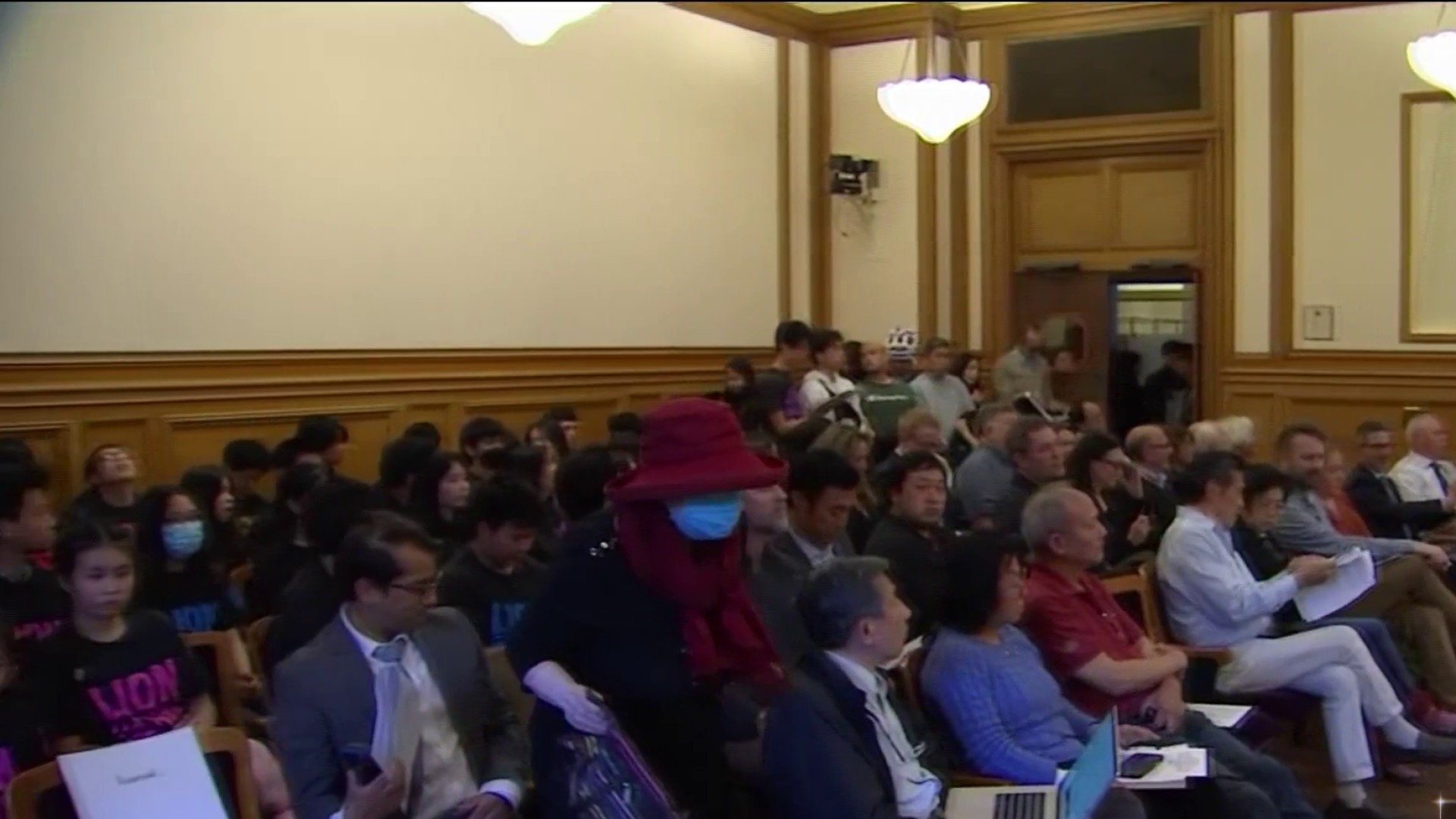Normal 0 false false false EN-US X-NONE X-NONE /* Style Definitions */ table.MsoNormalTable {mso-style-name:"Table Normal"; mso-tstyle-rowband-size:0; mso-tstyle-colband-size:0; mso-style-noshow:yes; mso-style-priority:99; mso-style-parent:""; mso-padding-alt:0in 5.4pt 0in 5.4pt; mso-para-margin-top:0in; mso-para-margin-right:0in; mso-para-margin-bottom:10.0pt; mso-para-margin-left:0in; line-height:115%; mso-pagination:widow-orphan; font-size:11.0pt; font-family:"Calibri","sans-serif"; mso-ascii-font-family:Calibri; mso-ascii-theme-font:minor-latin; mso-hansi-font-family:Calibri; mso-hansi-theme-font:minor-latin; mso-bidi-font-family:"Times New Roman"; mso-bidi-theme-font:minor-bidi;} Imagine a preschooler who owns a new car or has hundreds of thousands of dollars in debt.
Picture a teenager with a yacht and several lines of credit.
Grown children around the country are discovering these hard truths more and more. And experts say it’s all because of one of the fastest growing crimes in America: thieves who steal children’s identities, often without the child or their families knowing it.
NBC Bay Area’s Investigative Unit found that many children grow up and find out they do own such things and almost always the result is bad credit, bad background checks, defaulted loans, years of headaches and lost opportunities for the children who had their identity stolen.
Research shows that the theft of children’s identity costs families $13 billion dollars every year.
The researchers say most often the identity thieves are involved with organized crime and illegal immigration. They are the ones targeting children and stealing their information such as their social security number, birth dates and other unique identifying information.
Research by AllClear ID found that identity theft of children under the age of five has actually jumped 105% since last year.
Local
Another study conducted by Carnegie Mellon University’s CyLab, located here in Silicon Valley in Moffett Field, found 10.2% of the 43,000 children they studied through background checks had their identity stolen. The CyLab study was the first large scale study of its kind to look specifically at the identity theft of children.
Click here to read that study.
While that may seem like a small percentage, the Carnegie Mellon CyLab study showed that's 51 times the rate of identity theft for adults.
Ten-year-old Reilly Dennedy is one of those child identity theft victims.
Reilly's mother discovered her daughter's identity had been stolen 11 years before Reilly was born. Apparently, experts say, the thieves randomly selected and tried to use social security numbers that, at the time, were released sequentially, predicatable and thus easy for thieves to anticipate and guess, steal, then use the number. Since that time social security numbers are no longer released sequentially.
With the help of police the Dennedys discovered that one thief acquired credit under Reilly's name and another used her social security number to set up a utility account.
The CyLab research discovered that children’s social security numbers have been used to buy almost every large ticket item you can think of, from homes in other states, boats, even to get loans and obtain employment.
Often, the child victim and their family never discovered who took their identity. That’s what happened to Reilly.
“I don’t even know who they are,” Reilly tells NBC Bay Area, “That made me mad too because I mean, I’m me and there’s no way to prove that unless I have that (social security) number.”
"I tell you it was an emotional punch in the stomach," Reilly’s mother, Michelle Dennedy said.
Dennedy also happens to be the Chief Privacy Officer at McAfee and the founder of The Identity Project, a website that aims at educating people about identity theft.
“Here I was probably one of the most informed people about privacy and identity theft in general,” Dennedy said. “I had no idea that this was something particularly targeted to children. I had no idea that it could happen to my family.”
The CyLab research shows the primary drivers of these attacks on children are illegal immigration participants who use the stolen ID’s to obtain employment, organized crime to commit financial fraud and to help friends and family of the crooks circumvent bad credit ratings of their own.
"I think this is a growing crime because it is undetected," Dennedy said. "People don't really see the harm in it because there are not really enough penalties for the wrongdoers."
Experts say parents need to take charge to protect their children's identities, even as infants.
Hackers have broken into school computer records and medical clinics to obtain social security numbers to steal these numbers. CyLab’s research discovered that there is currently no process or organizations such as employers or creditors to check what name and birth date is officially attached to the Social Security number and thus verify the person presenting the number matches other characteristics associated with that number.
Among the recommendations from the CyLab report:
· Creditors must do a better job authorizing accounts and checking backgrounds
· Parents should protect their children’s Social Security number as vigilantly as their own
· Parents should educate their children at a very young age about Cyber security and protect their Social Security number
· Parents should regularly check their children’s cyber risk and assess whether they may have had their identities stolen without anyone knowing
For more resources about protecting children’s identities click on the resources below:



